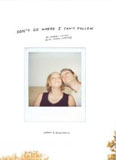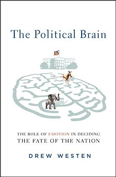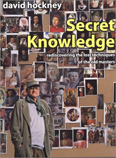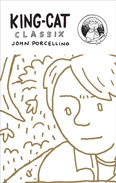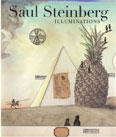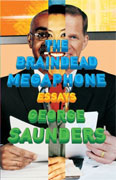The year was 1997. I was 13 years old. Green Day was the coolest band in the world. Two years previous, they’d just put out their album, Insomniac, with an insane-looking cover. I checked out the liner notes, and found out it was done by a collage artist named Winston Smith:
I had a great art teacher, Robyn Helsel, who assigned us a project where we had to pick a contemporary artist and write to them. Most of the class picked their artists out of a catalog. I picked Winston. I used my dad’s e-mail account and sent probably half a dozen e-mails to a gallery curator I found online, asking for Winston’s home address. The curator finally replied: “Stop bugging me, kid. Here’s his address.” I sent Winston a two-page letter using a ransom note font in Microsoft Word, telling him about me and my band, asking him about his technique, his influences…I even had the audacity to include a sketch of an idea I had for a piece he might want to attempt. (I have the letter somewhere…but unfortunately, not the sketch!) A few months went by. As I remember it, nobody in the class heard back from their artist.
Then one day a huge, stuffed manila envelope came in the mail. I ran to the kitchen table, tore it open, and dumped out its contents. There was a 14-page hand-written note from Winston and probably 50 pages of color photocopies of his work and press clippings. I couldn’t believe it. An artist—a real artist!—had written me back!
To me, it was the equivalent of Rilke writing back to the young poet. He told me about his life and his methods. He urged me to always question authority, stay away from drugs, and keep getting straight As so one day I could pay the bills. (An artist—a real artist!—was telling me it was okay to get straight As!) I’d never heard anybody talk about the kind of things he wrote about—art, America, growing up in a small-town—it was like a time-bomb that went off in my brain.
The letter, and I’m not exaggerating, changed my life.
I wrote him back, and he wrote me back. We’ve kept up a casual correspondence since.
I was at my mom’s over the holidays, and decided to use her new scanner to
archive some papers I wanted to preserve for safe-keeping.
I’m not sure if it will interest anyone else, but I’m posting it here as a shining example of great generosity from an established artist to an aspiring artist. It’s one of my most treasured possessions, and I just really freaking love it and want to share it.
And so, with Winston’s permission, here it is. (Also: be sure to check out Winston’s work and buy some of his stuff!)
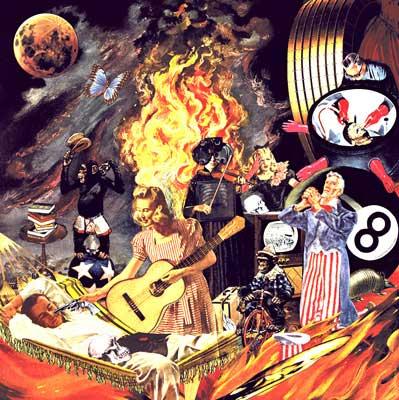



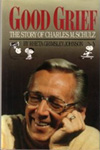
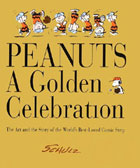
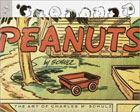
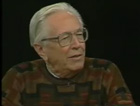
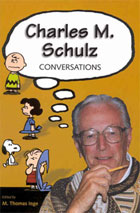
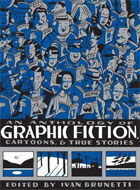
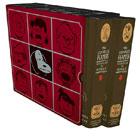












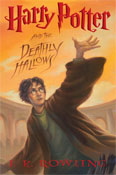
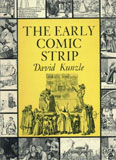 The Early Comic Strip
The Early Comic Strip